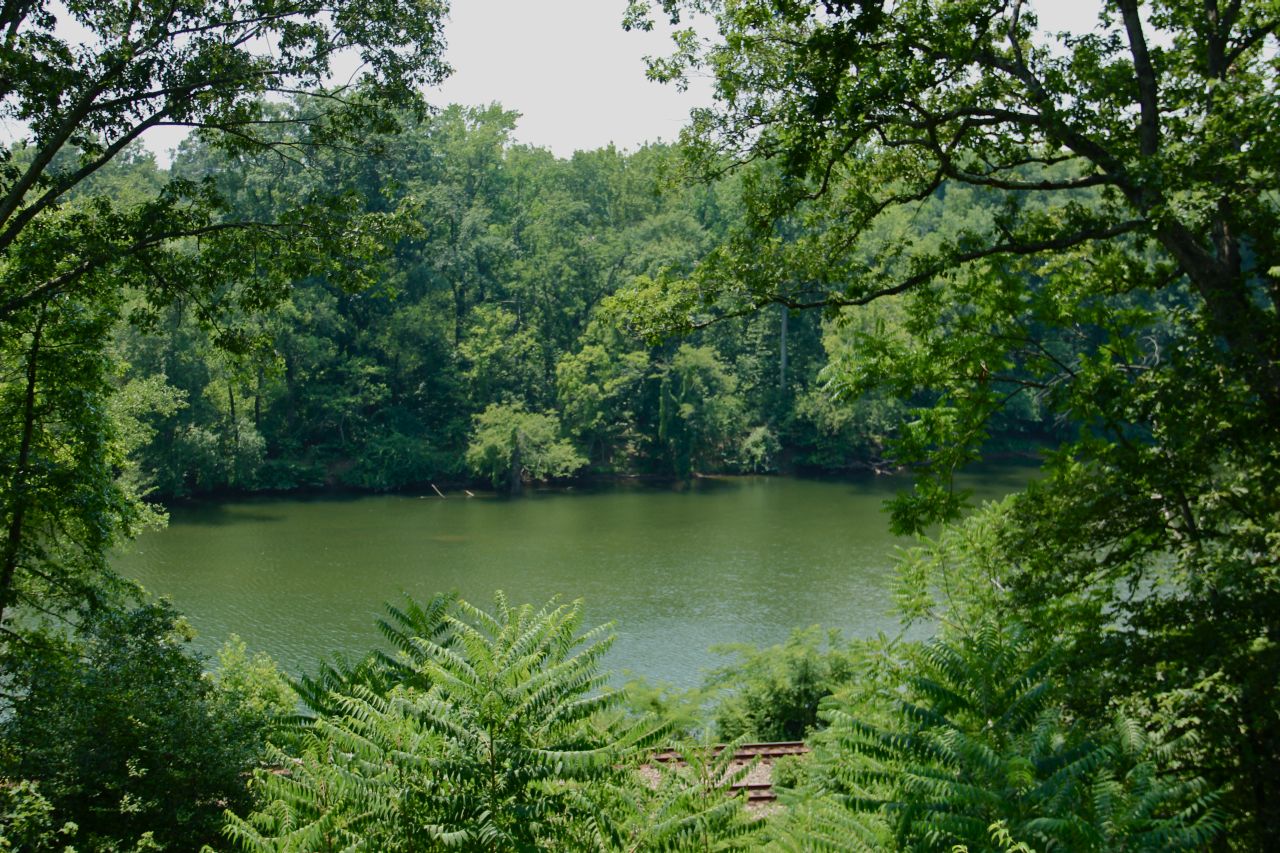Wilton River

The Wilton River, a tributary of the Roper River, is located in the Katherine region of Australia’s Northern Territory. Its meandering course and pristine waters, holds more than just ecological significance—it is a cultural cornerstone that has shaped the lives and identities of communities for centuries. From ancient rituals and traditions to modern-day celebrations and artistic inspiration, the Wilton River’s cultural importance is deeply ingrained in the fabric of society. In this comprehensive exploration, we delve into the multifaceted layers of the Wilton River’s cultural significance, uncovering the rituals, beliefs, arts, and traditions that have flourished along its banks throughout history.
I. Sacred Waters: Rituals and Beliefs
Since time immemorial, the Wilton River has been revered as a sacred entity, imbued with spiritual significance and revered in religious rituals and ceremonies. Indigenous cultures and ancient civilizations viewed the river as a source of life, a deity to be worshipped and revered. From ceremonial offerings and purification rituals to sacred pilgrimages and river festivals, the Wilton has been the focal point of spiritual devotion and cultural expression for countless generations.
II. Artistic Inspiration: Literature, Music, and Visual Arts
The Wilton River’s serene beauty and timeless allure have inspired artists, poets, and musicians throughout the ages, serving as a muse for creative expression and artistic interpretation. From epic poems and folk songs to landscape paintings and sculptures, the river’s scenic landscapes and tranquil waters have been immortalized in countless works of art, capturing the imagination and evoking emotions of awe and wonder. Whether depicted as a symbol of tranquility, renewal, or adventure, the Wilton continues to inspire artistic endeavors that reflect the cultural identity and collective consciousness of society.
III. Economic Lifeline: Trade, Commerce, and Industry
Beyond its spiritual and aesthetic significance, the Wilton River has also played a vital role in sustaining livelihoods and fostering economic prosperity for communities along its banks. Throughout history, the river served as a vital artery for trade and commerce, facilitating the exchange of goods, resources, and ideas between distant lands and civilizations. From bustling ports and trading posts to thriving industries and waterfront markets, the Wilton’s strategic location and navigable waters have been instrumental in driving economic growth and development in the region.
IV. Cultural Crossroads: Diversity and Exchange
As a natural thoroughfare connecting diverse cultures and civilizations, the Wilton River has served as a cultural crossroads where ideas, traditions, and customs converge and interact. Over the centuries, the river’s banks have witnessed the ebb and flow of peoples from different backgrounds and walks of life, each contributing to the rich tapestry of cultural diversity that defines the region. Through trade, migration, and cultural exchange, the Wilton has fostered a spirit of inclusivity and tolerance, shaping the cultural identity and heritage of communities along its shores.
V. Conservation and Heritage Preservation
In the modern era, the cultural importance of the Wilton River extends beyond mere symbolism to encompass efforts in conservation and heritage preservation. Recognizing the river’s significance as a cultural heritage site, communities, governments, and organizations have embarked on initiatives to protect and safeguard its natural and cultural treasures for future generations. From habitat restoration and wildlife conservation to the promotion of sustainable tourism and heritage education, these efforts aim to ensure that the Wilton’s cultural legacy endures as a source of inspiration and pride for all.
Conclusion:
As we reflect on the cultural significance of the Wilton River, we are reminded of its timeless allure and enduring impact on the lives and identities of communities throughout history. From sacred rituals and artistic inspiration to economic prosperity and cultural exchange, the river’s cultural importance transcends boundaries and bridges divides, uniting people in a shared appreciation for nature’s beauty and cultural heritage. As stewards of this invaluable resource, it is our collective responsibility to preserve and protect the Wilton’s cultural legacy for future generations to cherish and celebrate.
Know More about the Wilton River.
What are The Religious Places of the Wilton River?
When Did The Wilton River Basin Become a Focus?
Where is The Wilton River Located?
Who Were The Key Historical Figures and Civilizations of The Wilton River?
How to Reach Wilton River?




